BORN IN SAN PEDRO SULA, Honduras, José Olin is a retired handyman residing in Humboldt Park in Chicago. He does work on the side for local neighbors and long-time customers. He describes himself as a “white, Spanish-white, but I am very dark complexioned so many would describe me as Brown, but I see myself as white.” Olin, 63, identifies as Arab and Hispanic since his grandparents are from Palestine, but his father is from Honduras. He came to the U.S. in 1965, becoming a citizen at the age of 18.
What do you think of the term Latinx to identify people of Latin American or Spanish background?
I don’t know. I don’t think it’s appropriate, actually. I don’t see why create a new term when you can just say what it is, right? Why Latinx? It’s just broad, and there is Latino.
Do you feel like Latinx is just an excuse for corporations to lump all Latino cultures together?
I suppose it could be. An easy way, for demographic purposes. I can understand putting everyone together is easier? No, right? I have no problem with it.
Has your experience as a Latinx person isolated you to the way you grew up, or have you been able to branch out culturally?
Yes. In my younger days I did when I was not able to speak the language. And when moving to suburbia and being darker complected than most of the kids, I was bullied.
I know you also had to repeat a grade because of this, would you say that was a barrier?
Well, that was simply because of the language barrier. I had passed first grade when I was in Honduras. In the end it was the principal’s recommendation and it paid off. I mean, it was my parents’ choice too. But, I did not feel isolated, because of that at all. I feel that it may have helped in the long run, because I was a pretty good English student, all throughout school, and even into college, where I was able to place out of some English courses. Then, at the same time, I also got nine hours of Spanish credit, before I even started college just by taking a test. So I made up that repeated year of first grade year in college. I didn’t come out so bad, I don’t feel I felt initially isolated when I didn’t speak the language; I felt like the only brown kid around. Once I was a little older, I went to public education. I was able to get into the honors programs. So I didn’t feel like I was kept back because of my background.
How have these labels changed from your country of birth and now living in the U.S?
I don’t remember any labeling when I was in Honduras because it was only the first six years of my life. But my skin was definitely an issue in America. It was something we didn’t talk about, but it wasn’t a big deal. I guess dating was an issue for some parents because I was so dark-complected. And the bullying and being called the “N” word. Even in high school, I remember this story about my brother in homeroom. I’m not the aggressive type and he was a madman. He got in a fight because somebody said something about the color of my skin in high school. That’s enough about that.
“I love being able to speak Spanish, and English. And go back and forth and understand what other people are saying, especially if they don’t think I’m Hispanic.”
How do you navigate U.S. culture? What type of culture shock have you experienced?
We do a lot of hugging and we hug all family members, cousins, and everybody that we see. Nothing like the two-cheek kiss but just lots of embraces. At weddings we go not the wedding itself, but the party. The party will be an all-weekend thing. And—I’m not a girl, but I mean, [go to] the quinceañera for girls. I know they have them in Honduras, because there’s a picture of one of my cousins in her big dress all dolled up.
Do you speak Spanish? How do you view Spanish as an attribute of your identity? How important is it?
Yes, I love it. I love being able to speak Spanish, and English. And go back and forth and understand what other people are saying, especially if they don’t think I’m Hispanic. I would never want to lose being able to speak Spanish. I don’t think I ever will at this point. My parents sent us back [to Honduras] for summer vacations. And I think that, that sealed the deal. You know, when I was 9, 13, and 16. We spoke nothing but Spanish the whole time. Of course, when we first moved, my parents didn’t allow any English in the house. Then when we started going to school, you know, they enforced it more. But it got to the point where they gave up because the three siblings would speak English amongst us. English became our primary language.
Would you say your culture is “better” than someone else’s who is of a different ethnicity or country?
No, that’s just been egotistical. Never thought like that.
Does cultural appropriation bother you?
I guess if you start because you’re doing a costume and behave in a stereotypical way of that culture. I guess it’s wrong. Yeah, it’s wrong. It’s wrong.
How do you feel about people dressing up as Latino stereotypes for Halloween when they’re not?
In my opinion, these costumes should not stop being sold. Because somebody might want them to have a certain culture. That’s borderline. I don’t know. Sometimes I think it’s okay, because you’re just being a comedian, in a sense, you know, but you are poking fun at another culture? I don’t know if everybody’s becoming too sensitive. I feel like I would feel more offended if I had stayed longer in Honduras growing up.
How do you feel about Hollywood choosing actors/actresses that aren’t Latino as Latino characters?
I think you should try to find the person who has the right ethnicity or background to play that role. Ideally.


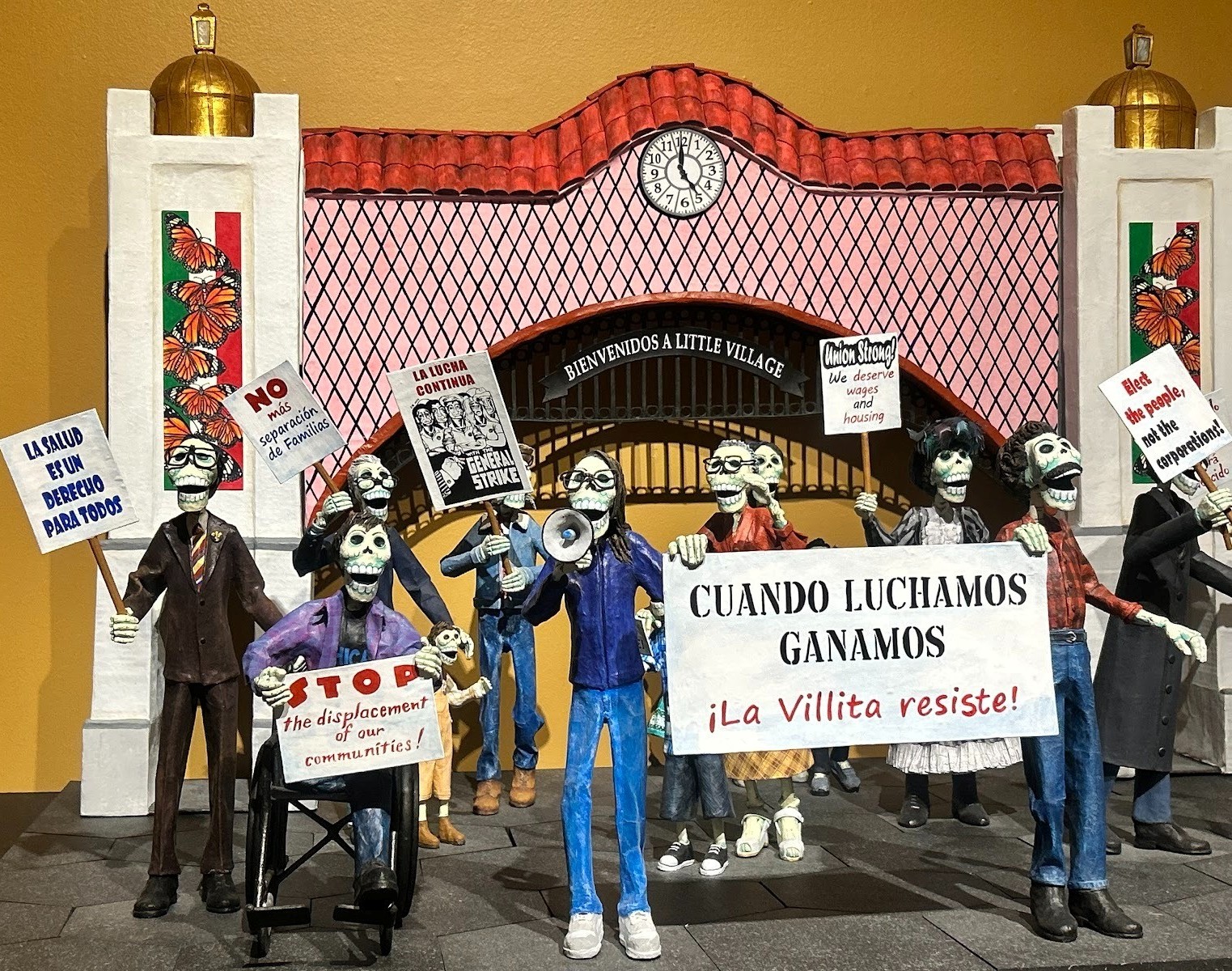
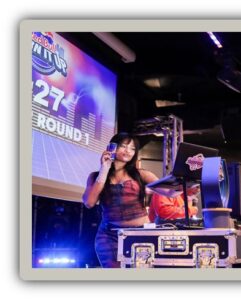
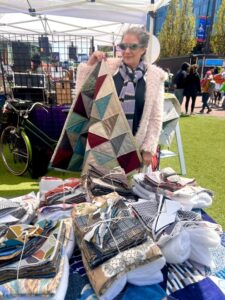
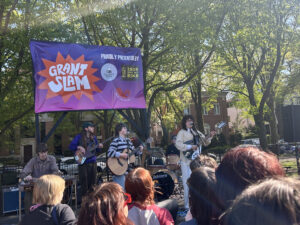

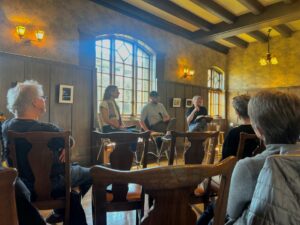

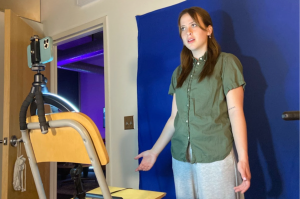
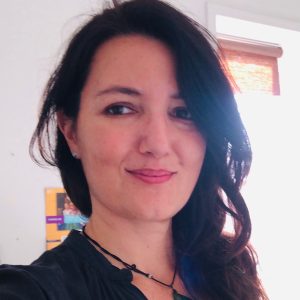
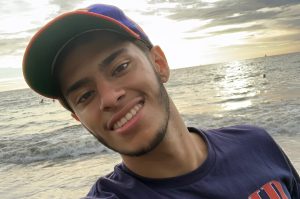
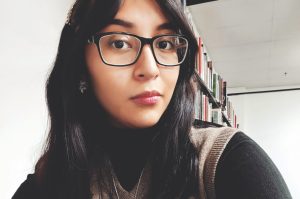
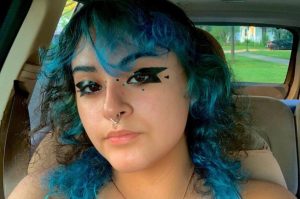
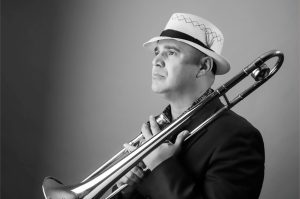
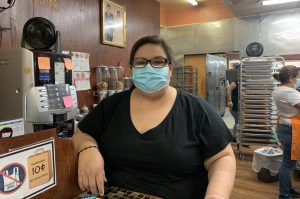
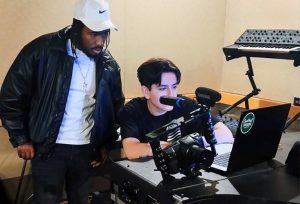
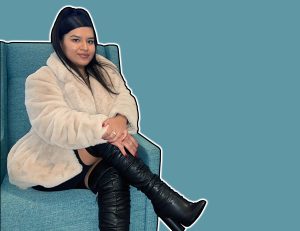
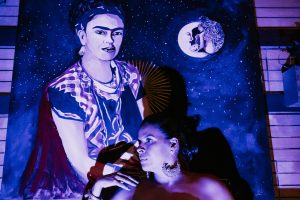
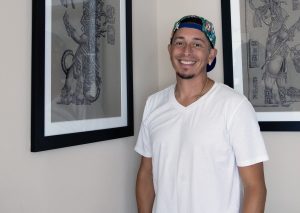
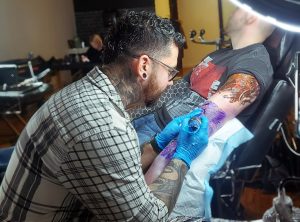
Be First to Comment